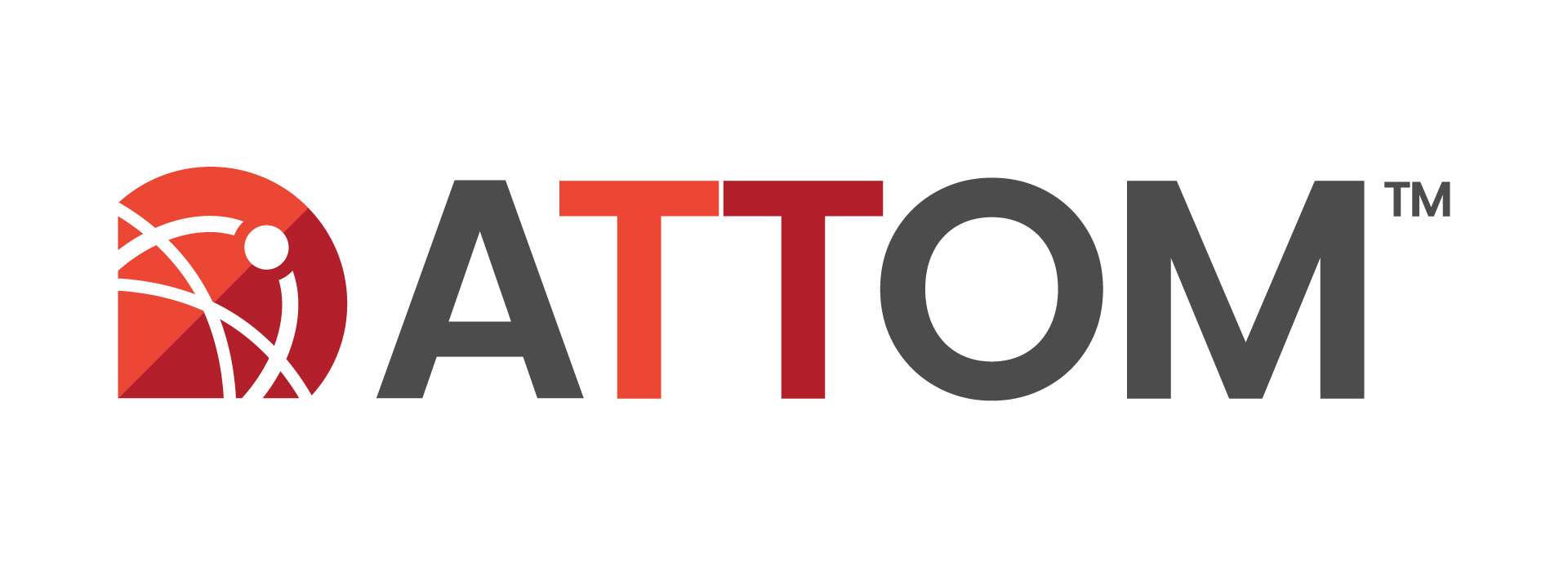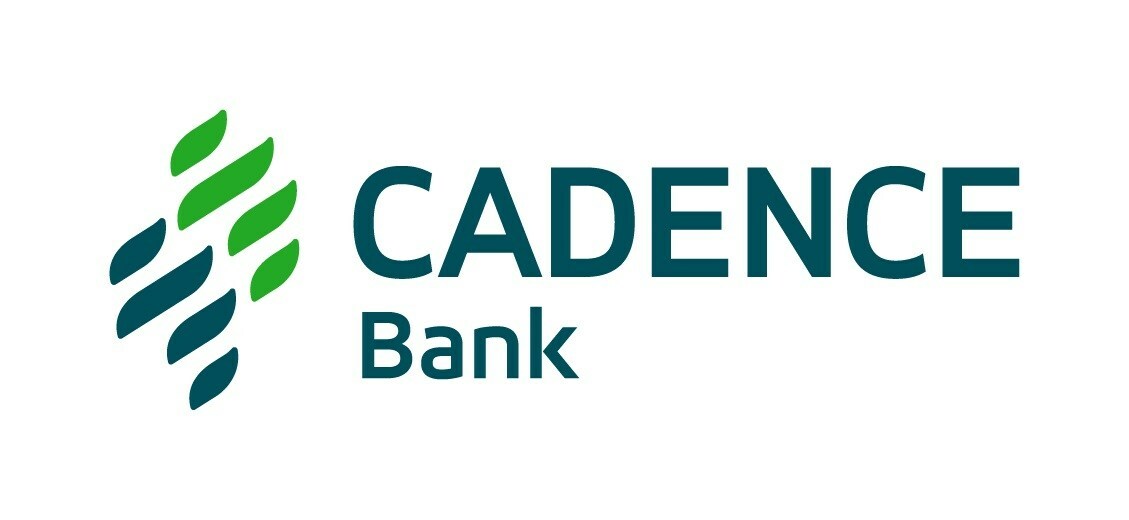WASHINGTON, June 2, 2025 -- The National Institute of Building Sciences (NIBS) Consultative Council has released its 2025 Moving Forward Report. Extreme weather events, including hurricanes, wildfires, and severe storms, have caused devastating financial and human losses across the U.S., with cumulative disaster costs reaching nearly $3 trillion since 1980. In 2024 alone, 27 major disasters resulted in damage exceeding $1 billion each, underscoring the urgent need for resilience measures to protect lives, property, and local economies.
"Everyone benefits from mitigation or outright prevention of damage from a wildfire, earthquake, or storm. Insurance companies face fewer claims, government agencies avoid massive emergency aid payouts, property owners benefit from less damage, and families across the nation are safer," said George Guszcza, President and CEO of NIBS. "To protect communities from worsening natural disasters, we must take the all-of-the-above approach recommended by this report to support the retrofitting of buildings and infrastructure to enhance resilience."
This year's report from the NIBS Consultative Council, "Retrofitting for Resilience," outlines the urgent need for proactive investment in disaster mitigation strategies. The report highlights that every $1 spent on resilience can yield up to $13 in savings from avoided losses, according to the 2019 NIBS Mitigation Saves Study. The report urges policymakers, industry leaders, and communities to take immediate action to support the retrofitting of buildings and infrastructure for enhanced resilience in the face of increasingly frequent and severe natural disasters.
Key Recommendations Include:
- Shared Costs: Encourage public-private partnerships to distribute the cost of retrofitting among all beneficiaries, including insurers, lenders, and government agencies.
- Invest in Innovation and Technology: Invest in R&D for advanced building materials and construction methods through agencies like the Department of Energy and NIST.
- Tax Incentives, Grants, Private Sector Incentives, and Tax-advantaged Savings Accounts: Implement federal, state, and local tax credits, deductions, and direct grants to support property owners in making resilience upgrades.
- Certifications and Education: Expand training programs for contractors and implement public awareness campaigns to promote resilient construction practices.
- Updated Building Codes: Advocate for adopting modern, resilience-focused building codes to reduce long-term disaster recovery costs.
The National Institute of Building Sciences (NIBS) Consultative Council's 2025 Moving Forward Report highlights the increasing financial and human toll of extreme weather, with disasters causing over $3 trillion in losses since 1980. It calls for urgent action through public-private partnerships, investments in resilient infrastructure, tax incentives, updated building codes, and expanded education to protect communities from the worsening effects of natural disasters.
To read the full 2025 Moving Forward Report, visit www.nibs.org.
Website: www.nibs.org
This News is brought to you by Qube Mark, your trusted source for the latest updates and insights in marketing technology. Stay tuned for more groundbreaking innovations in the world of technology.









